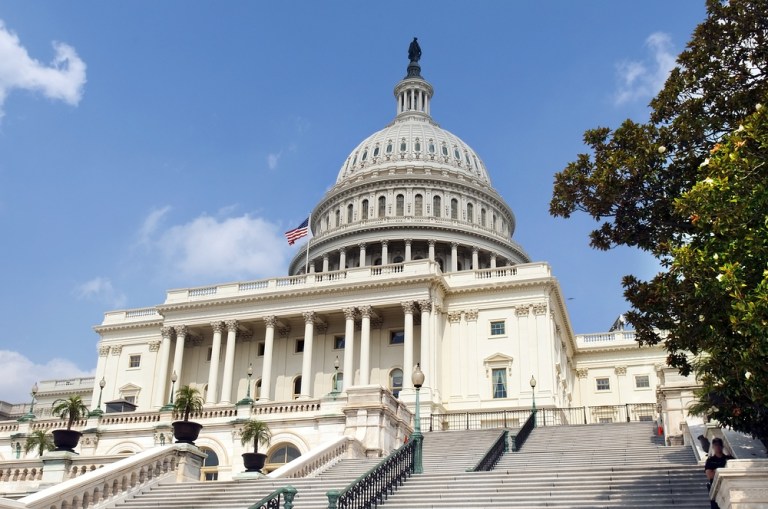House Questions Big Tech Over Antitrust Concerns

The size and scope of “big tech” – and whether big really is too big – was in focus on Tuesday (July 16), across a series of Capitol Hill hearings that brought marquee names such as Amazon, Facebook and Google into marbled halls to defend the way they do business.
Across a trio of hearings, Facebook was grilled about Libra, the cryptocurrency program that has been increasingly drawing scrutiny from regulators. There was a separate panel on Google and censorship. And, separately, in an appearance before the House Judiciary Antitrust Subcommittee, Apple, Amazon, Facebook and Google executives testified about their business practices.
In commentary, Rep. David Cicilline of Rhode Island, a Democrat who chairs the subcommittee, stated that the desire to boost the new economy had in effect fostered a mindset that let big tech self-regulate with “little oversight,” and that concentration has resulted. He said there has been a “less open” environment that has become “hostile to innovation and entrepreneurship.” Rep. Cicilline noted there have not been challenges from antitrust regulators.
The representatives of the aforementioned companies defended their positions across various endeavors. Adam Cohen, who serves as director of Google’s economic policy, said that in tandem with Google’s (and other firms’) growth, the technology sector supports roughly 12 million American jobs, which equates to about 7.6 percent of the U.S. workforce.
And in reference to the competitive environment, Cohen said venture capital dollars flow to companies that, collectively across 8,000 firms, raised $130 billion last year. He said in prepared testimony that there are several areas of competition spanning operating systems, cloud computing and video sharing, to name a few.
Amazon’s Associate General Counsel on Competition Nate Sutton said competition in retail – Amazon’s largest market – remains healthy, where data from the National Retail Federation showed that retail sales grew 4.6 percent in 2018.
Yet Rep. Cicilline contended that Amazon may in fact have conflicts inherent in its business, as it sells products that compete with other sellers who use the platform – which is controlled by the company. Sutton countered that retailers also tend to employ that model. The congressman said Amazon can use data to favor its own offerings.
Separately, Matt Perault, Facebook’s director of public policy, said there is and has been “vigorous” competition from the likes of Apple, Amazon and Chinese competitors, among others – in fact, according to prepared remarks, users spend time on as many as 40 apps monthly. There are low barriers to entry in the online sector, Perault added, especially for digital platforms. He said later during questioning that the reported plans to integrate apps such as Messenger and WhatsApp have been tied to competition in those markets.